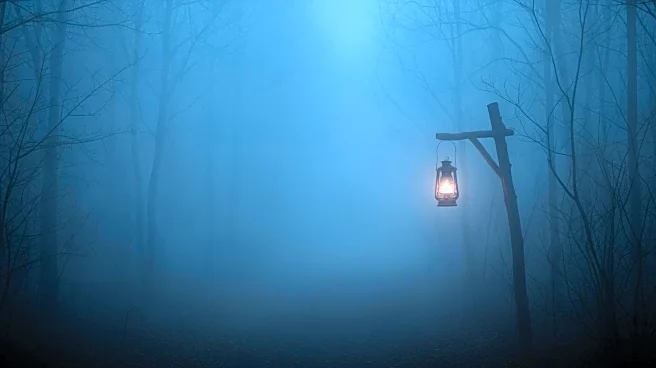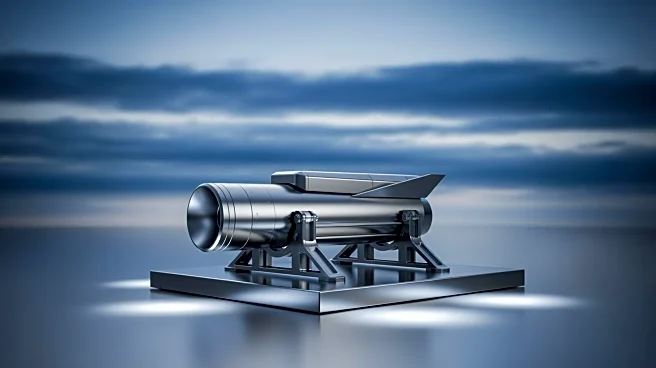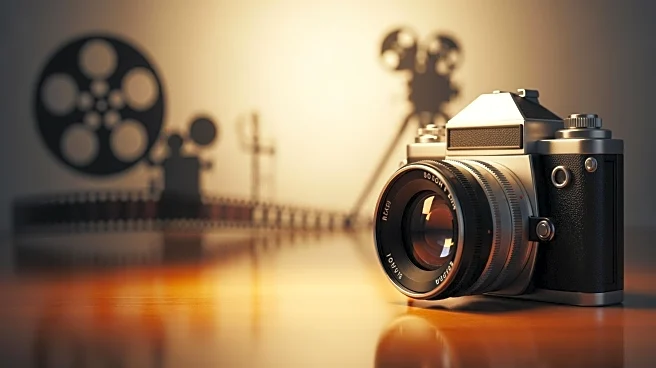Rapid Read • 8 min read
Anton Khudobin, a former Stanley Cup Champion and Original-Six goaltender, has announced his retirement from professional hockey at the age of 39. Khudobin was drafted 206th overall by the Minnesota Wild in the 2004 NHL entry draft and went on to play 260 games in the NHL. Throughout his career, he played for several teams including the Minnesota Wild, Boston Bruins, Carolina Hurricanes, Anaheim Ducks, Dallas Stars, and Chicago Blackhawks. Khudobin achieved 114 wins, a .916 save percentage, and 11 shutouts. He plans to transition into a management role within hockey, expressing his desire to continue contributing to the sport.
AD
Khudobin's retirement marks the end of a significant career in the NHL, where he was known for his reliability as a goaltender. His decision to move into management could influence the future of hockey operations, potentially bringing his on-ice experience to team management and strategy. His career highlights, including winning the Stanley Cup with the Boston Bruins in 2011, underscore his impact on the sport. His transition may also inspire other players to consider post-retirement roles within the sport, contributing to the development and management of future hockey talent.
Khudobin's move into management suggests he will remain active in the hockey community, potentially influencing team strategies and player development. His experience and insights could be valuable to any organization he joins, possibly leading to new opportunities for collaboration and innovation in hockey management. Teams may look to leverage his experience in both North American and Russian leagues to enhance their operations.
Khudobin's career reflects the global nature of hockey, having played in both the NHL and Russian leagues. His retirement and subsequent move to management highlight the evolving career paths for athletes, emphasizing the importance of planning for life after active sports. This transition could also impact cultural exchanges between North American and Russian hockey, fostering greater collaboration and understanding between the leagues.
AD
More Stories You Might Enjoy











